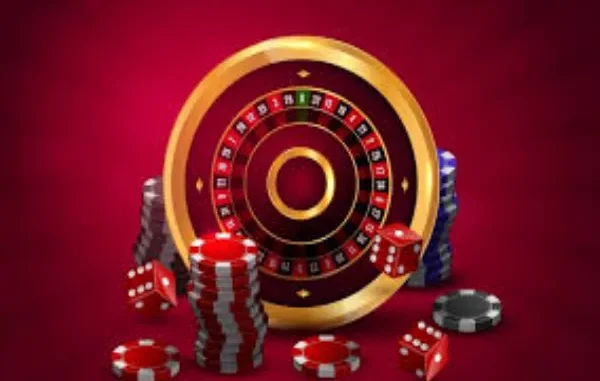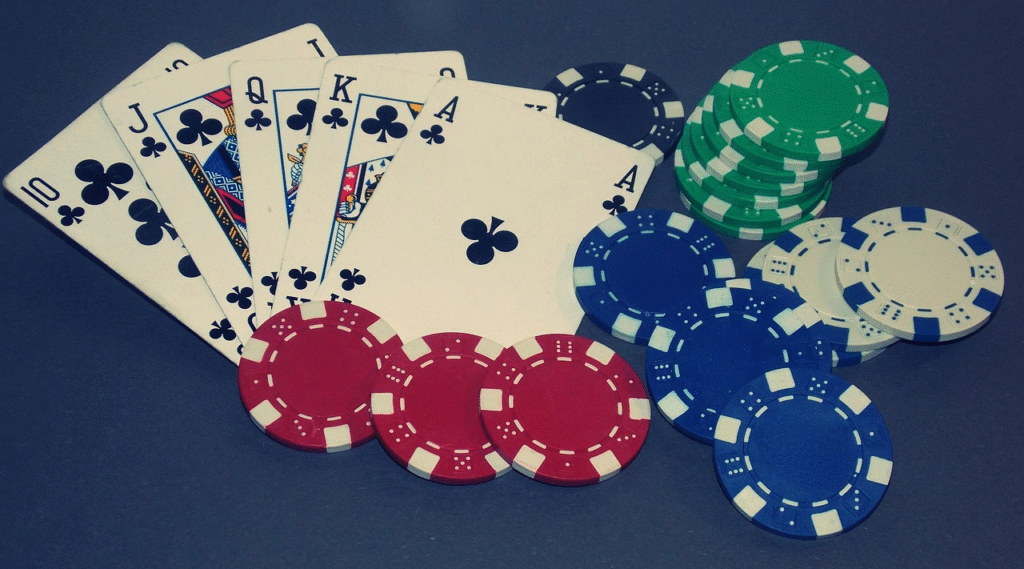
Poker isn’t just a game of chance. It’s a war of minds where players try to figure out what the other person is thinking and feeling. Strategy and cards are crucial, but in the end, it’s frequently psychology that decides who wins. A good poker player can read people, keep their emotions in check, and stay calm when things go wrong.
The Role of Psychology in Poker
Every hand of poker tests your mental strength and ability to see things. People who know how people act can often guess what other people will do next. Many experienced players at Rooster Bet know that winning isn’t only about the cards; it’s also about how effectively you read your opponents and keep your cool.
Psychology in poker is about paying attention to minor things and using them to make better choices. It has to do with spotting when someone is unsure, bets too quickly, or doesn’t make eye contact. It’s also about knowing how you feel. A competent poker player doesn’t let their feelings of excitement or anger get in the way of their game. Instead, they keep calm and think logically, no matter what happens.

Common Psychological Patterns Among Poker Players
There are specific ways that every poker player acts. Some players show confidence by the way they move or how they gamble. Some people get quiet or anxious when they’re not sure. A key element of poker psychology is knowing how these tendencies work.
A player who is sure of themself usually makes decisions swiftly and talks easily. They might sit up straight and look at ease. On the other side, a player who is bluffing could act excessively forceful or strive too hard to seem calm. What they say or do may not match what they do.
When players are under pressure, they often vary their rhythm. They might take longer to make a move or signal that they are in pain. Being able to spot these little adjustments might help you tell when someone is trying to disguise their anxiety or has a weak hand.
It’s also crucial to understand that poker psychology works both ways. While you read other people, they are also reading you. This implies you need to be conscious of what you’re doing and not let your actions give away too much.
Reading Opponents in Live Poker Games
Live poker involves face-to-face interaction. This increases the likelihood of noticing subtle physical indications. Body language, eye movement, and chip handling can reveal a lot.
People sit more confidently or glance at the table when they feel sure in their hands. Some people shift in their seats, avoid eye contact, or touch their face when uncertain. With practice, players can read these “tells”, which are not always obvious.
Expressions on the face can also convey feelings. A slight smile, deep breath, or chip gaze may indicate exhilaration or apprehension. Players try to hide their emotions by appearing neutral, but little gestures can reveal them.
Psychological Clues in Online Poker
Online poker is different since opponents are unseen. You need further clues. Attention can reveal patterns in players without faces or movements.
One of the best indicators is betting. When a player elevates, how quickly they act and how they alter styles during the game indicate confidence. After playing attentively, someone who bets more aggressively may have a solid hand or be bluffing.
Timing also informs. Slow decision-makers may be unsure or bluffing. Instant responders may know what they want.
Player chat messages can also express emotions. Some talk when they win and are quiet when they lose. Others utilize conversation to distract opponents. Even in a game where you never see your opponent, these minor details might give you an edge.
Using Self-Control and Emotional Balance to Win
Emotional control is crucial to poker psychology. Even if you can read others, losing control of your emotions might ruin your game. Many players suffer “tilt”, a frustrated state that leads to rash action. This must be avoided for long-term success.
Good players maintain calm after losses. They know poker is a game of skill and luck, and everyone has terrible days. They focus on the next hand instead of the last. Their calmness helps them make better decisions and prevents opponents from interpreting their emotions.
Not exhibiting joy when you win a large hand is self-control. Neutrality keeps players guessing and maintains your psychological lead. Emotional equilibrium distinguishes consistent winners from those who lose focus when things get tough.
Final Thoughts
Poker is both a card and a thinking game. Understanding psychology helps players make smarter moves and control the game rhythm. In online and live poker, individuals who can read and control emotions have an advantage.
Success at a table with friends or on Rooster Bet requires observation, patience, and emotional control. Players can improve their performance and appreciate poker as a true test of logic and understanding by acquiring these psychological skills.
Leave a Reply